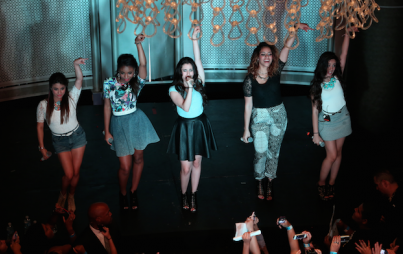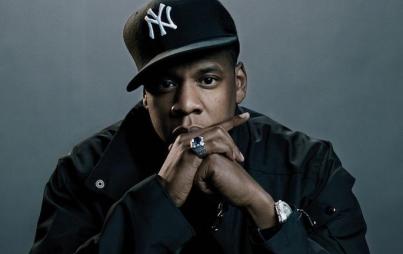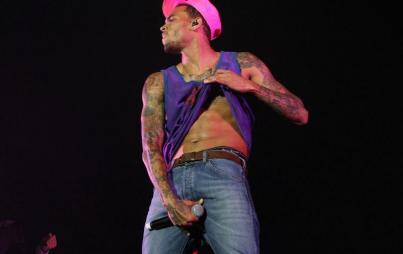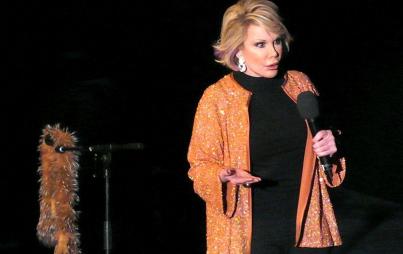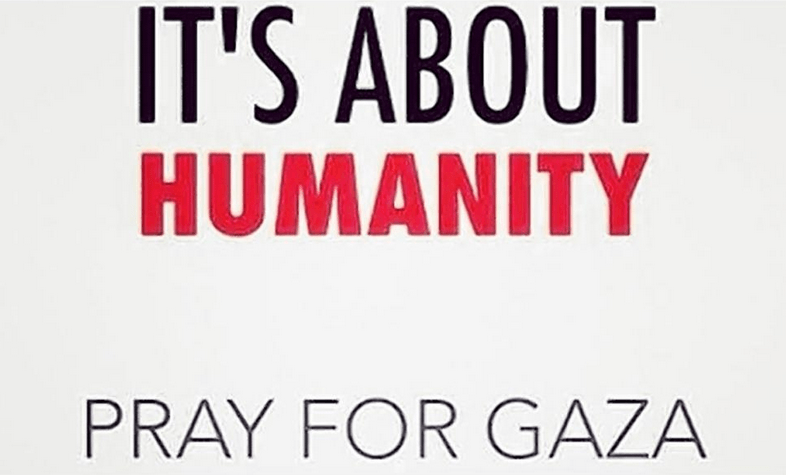
From NBA star Dwight Howard to singers Rihanna and Selena Gomez to actor Jason Biggs, the rich and famous are diving headlong into the media maelstrom surrounding events like the crash of Malaysian Airways Flight 17 and the violence between Israel and Palestine—and, per their stardom—receiving a ton of coverage as a result. But when it comes to international affairs, should we give an ef about what they think?
Some celebrities make the answer to this question fairly easy. Jason Biggs’s "joke" about Malaysian Airways Flight 17, when he tweeted “Anyone wanna buy my Malaysian Airlines frequent flier miles?” in the hours after the crash, can be readily dismissed as a pathetic, off-color attempt at humor (the actor later apologized.)
But what happens when celebs—intentionally or not—take a serious stand on politically contentious issues? Like, for example, when NBA star Dwight Howard received a tweet showing the bombings in Gaza and the stat that 151 innocent civilians had been killed and he replied “wow how can I help.” He followed that up with “#FreePalestine”—a tweet he soon deleted and apologized for after some serious backlash, saying “previous tweet was a mistake. I have never commented on international politics and never will” and “I apologize if I offended anyone with my previous tweet, it was a mistake!”
Selena Gomez stepped into a whirlwind of controversy as well when she posted a banner proclaiming, “It’s about humanity. Pray for Gaza” on her Instagram with the caption: "Please pray for those families and babies today. Please always remember what's important in life. It's not any of this. We are here to help, inspire and love. Be that change. #wearethenextgeneration." Her comments section absolutely erupted (like, 200,000-comments-level erupted), with some fans applauding her but the majority lashing out at her with fury—some calling her ‘racist’ and ‘dumb.’
In a similar vein, Rihanna tweeted “#FreePalestine” on July 15. Up for mere minutes, it was nonetheless retweeted nearly 7,000 times before being deleted. She followed up her tweet with a blander, apolitical: “Let's pray for peace and a swift end to the Israeli-Palestinian conflict! Is there any hope?....”
A quick trip to the Google machine reveals that a search for “Rihanna Palestine” turns up “about 6,350,000 results.” The majority, presumably, kicked off by a tweet that was up for about eight minutes. Damn.
So let’s face the facts.
We live in a more-than-celeb-obsessed world. People magazine sees a circulation that lingers around 3.5 million. Foreign Affairs, by comparison? It saw a circulation of only 167,085 in 2013. Not that we need these figures to tell us we live in the Age of Kardashian. As the media industry evolves in the digital epoch, fighting for clicks and page-views, “hard” and “soft” news outlets alike feature a preponderance of stars.
It’s a phenomenon international relations professor and foreign policy commentator Daniel Drezner identified in his article on celebrity activism a few years ago:
Superstars can go on The Today Show or The Late Show to plug their latest movie and their latest global cause. Because of their celebrity cachet, even hard-news programs will cover them—stories about celebrities can goose Nielsen ratings.
And this certainly does not work the other way around—can you imagine a foreign policy wonk pontificating on the latest fashions at think tank events and anyone in the world giving even a rat's ass? Neither can I. (Though I would certainly love to read it, if ever such an article were to emerge.)
So where does this leave us?
Famed economist and foreign aid expert William Easterly has written that celebrity dissidents “can play a vital role in democracy.” Given that intellectuals and policy officials can fall victim to groupthink, he asserts that we need dissidents to shake them out of it—like with John Lennon and his mobilization of people against the Vietnam War. Certainly, were it not for Lennon’s mega-fame, his calls for activism would neither have been heard nor heeded. Clearly, then, celebrity has played a role in effecting positive international change.
But, um, that definitely doesn't seem to be the case of late. Let’s shift back to Rihanna, Dwight, and Selena and their recent social media escapades. Despite garnering a ton of attention and vitriol, what’s the takeaway? The firestorm their tweets and posts created seems only to demonstrate that Israel-Palestine is a lightning rod for controversy . . . which is far from some sort of revelation. It's along the lines of a newsflash about water being wet. Perhaps the only thing we’ve learned from all this is that it takes Rihanna’s PR team 8 minutes to catch up to the singer’s tweets.
I love me some free speech, and celebrities are certainly entitled to theirs. Open discourse is, of course, very important. I’m just not sure if the one about what a 21 year-old pop singer with no background in international relations posts—rather innocently in the name of love—about events in the Middle East is the most productive one for our society. Despite what the power of celebrity has the potential of doing, it seems we’re still caught up commenting on Instagram posts—while hundreds of innocent people continue to die.

